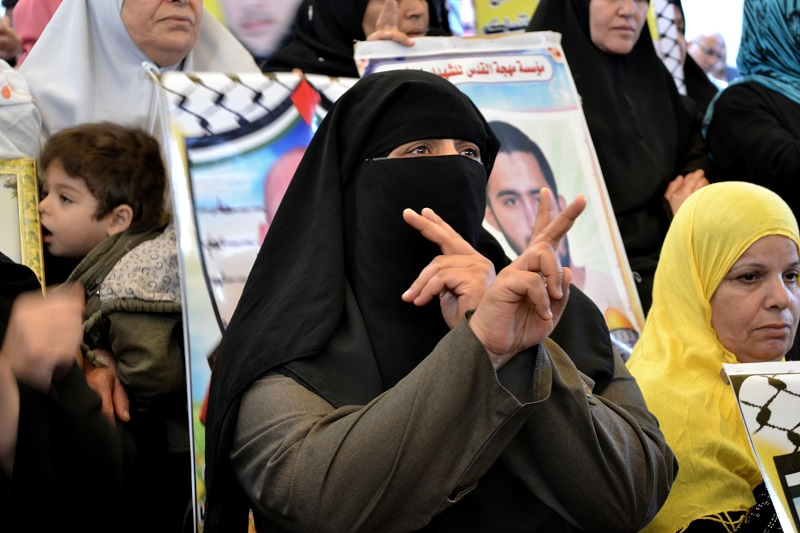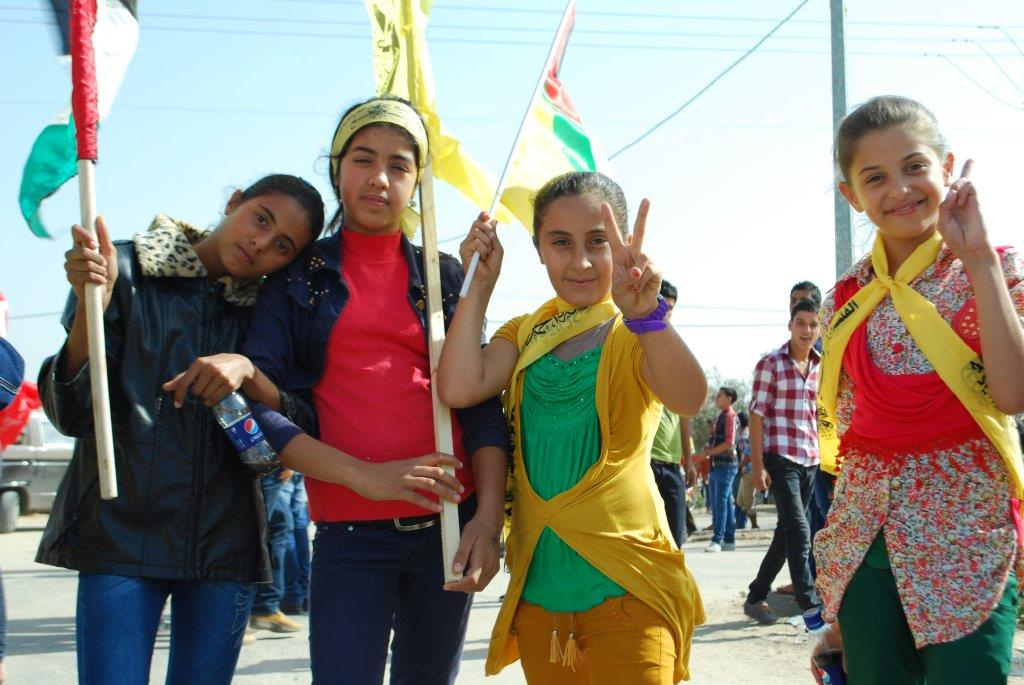Tag: Prisoner
-
Photos: Gaza families and supporters rally for Palestinians detained by Israel
19th November 2013 | International Solidarity Movement, Gaza Team | Gaza, Occupied Palestine On Monday morning, families and supporters of Palestinian detainees held a weekly sit-in in the courtyard of the International Committee of the Red Cross’ Gaza office. The regular event, launched by two detainees’ mothers in 1995, demands the freedom of Palestinian prisoners…
-
Photos: Gaza’s weekly rally in solidarity with the Palestinian prisoners
11th November 2013 | International Solidarity Movement, Rosa Schiano | Gaza, Occupied Palestine On Monday morning, many relatives of Palestinian detainees, political representatives and solidarity activists attended the weekly rally at the International Committee of the Red Cross in Gaza City. In the first part of the sit-in, families of Fateh prisoners commemorated the ninth…
-
Photos: A hero returns to Gaza
5th November 2013 | International Solidarity Movement, Charlie Andreasson | Gaza, Occupied Palestine What could be a more appropriate theme for this Monday demonstration for prisoners than those recently released by Israel? Would it have been possible to have a different one? Possible, but hardly appropriate. On the street outside the Red Cross, a temporary stage…



